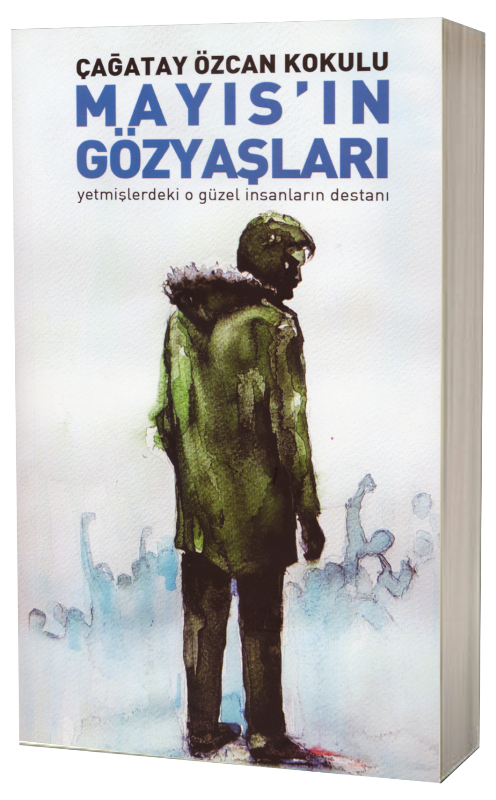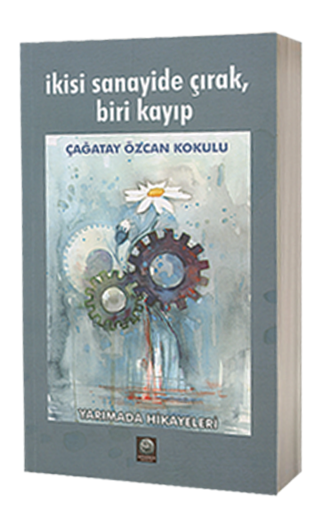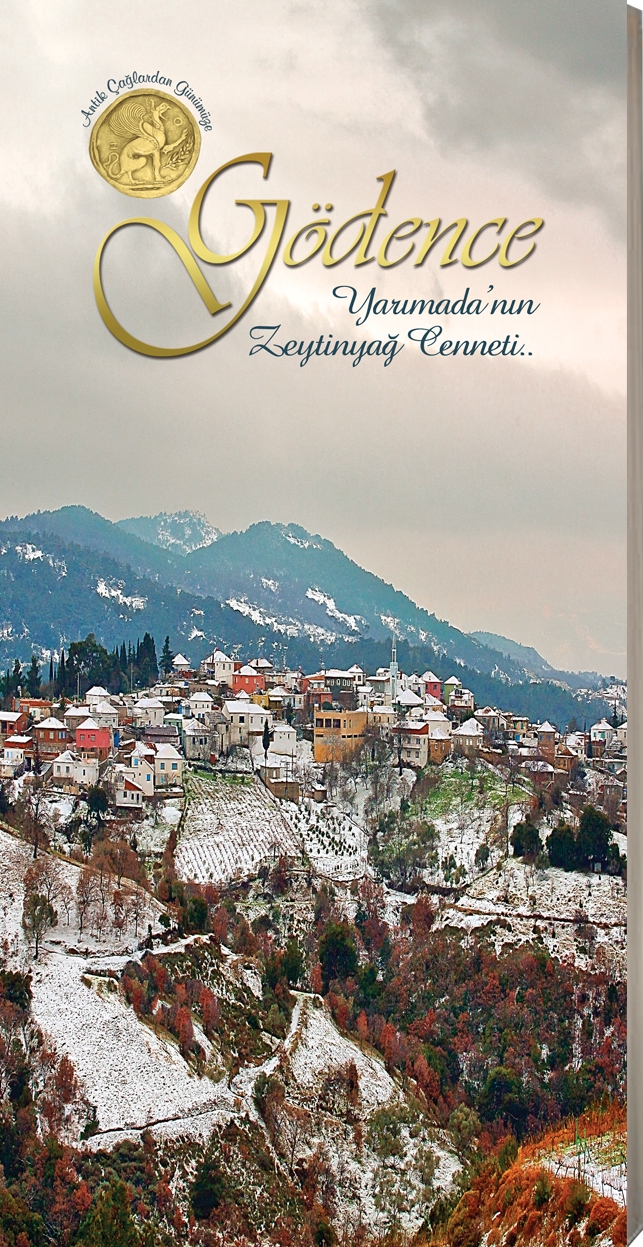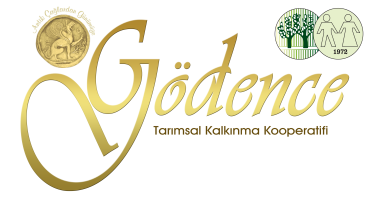"May God protect his loved ones from unnecessary reading," said the French poet Beaudelaire.
We can consciously say that people fall into stories and exist through stories. They manage to interpret their existence with stories.
Heidegger, the most talked about philosopher of the age we live in, calls such a situation "the thrownness of the human condition".
"A lecturer with a spring on his arm", "a woman's cry tired of sobbing mixed with the serenades of the may frogs in Bademler Stream", "hearing a mother's cry as if hearing the cry of Marsias", "like the women of Nazım, whose place on our table came after our ox," Witnessing the operation of the Saliha woman", "writing a story for those who will never know that a story has been written on her behalf".
These stories we read show us that language is not a tool for thoughts, that language accompanies thoughts, that language itself is thought, that language becomes vital.
These stories, which startle us, make us question our reason for existence, make us think, and remind us that we are human again, make us feel that we are alive again and again.
Adults, children, animals, nature, all existence; being told in such a lively and beautiful language of thought stimulates all our sensitivities.
Endless thanks to Çağatay Özcan Kokulu for two apprentices in industry and one missing after MAY'S TEARS.
Macit Sonkan
We can consciously say that people fall into stories and exist through stories. They manage to interpret their existence with stories.
Heidegger, the most talked about philosopher of the age we live in, calls such a situation "the thrownness of the human condition".
"A lecturer with a spring on his arm", "a woman's cry tired of sobbing mixed with the serenades of the may frogs in Bademler Stream", "hearing a mother's cry as if hearing the cry of Marsias", "like the women of Nazım, whose place on our table came after our ox," Witnessing the operation of the Saliha woman", "writing a story for those who will never know that a story has been written on her behalf".
These stories we read show us that language is not a tool for thoughts, that language accompanies thoughts, that language itself is thought, that language becomes vital.
These stories, which startle us, make us question our reason for existence, make us think, and remind us that we are human again, make us feel that we are alive again and again.
Adults, children, animals, nature, all existence; being told in such a lively and beautiful language of thought stimulates all our sensitivities.
Endless thanks to Çağatay Özcan Kokulu for two apprentices in industry and one missing after MAY'S TEARS.
Macit Sonkan






